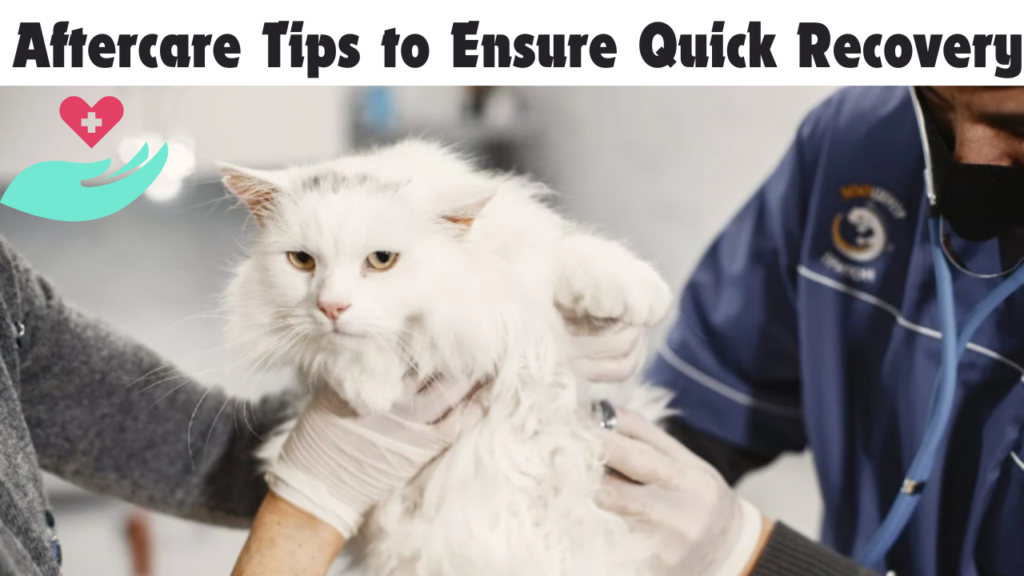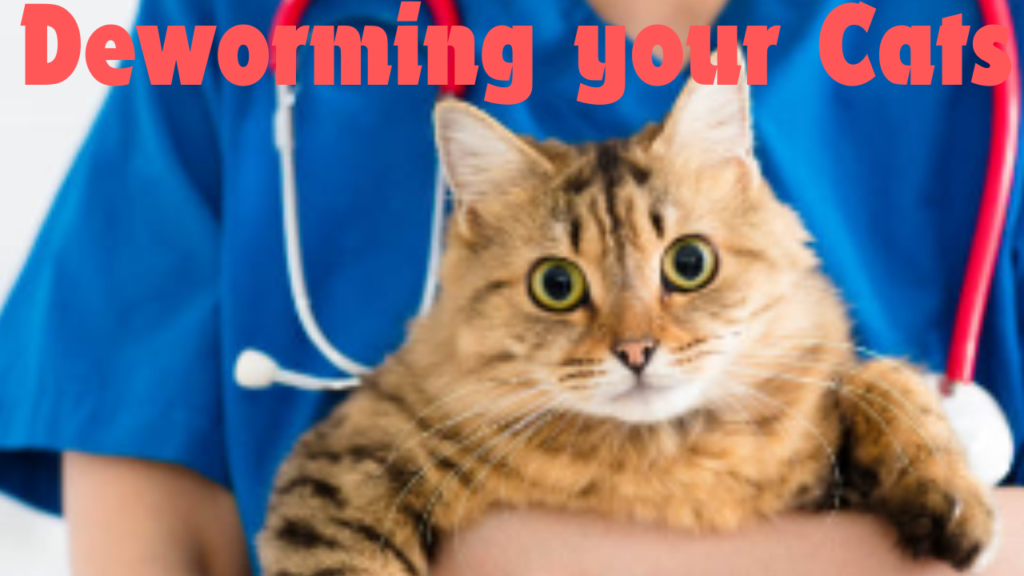Deworming is a vital aspect of maintaining a cat’s health and preventing parasitic infections that can lead to serious health issues. In this comprehensive guide, we explain everything cat owners need to know about deworming their feline friends. From why deworming is essential to aftercare tips, we cover practical advice for managing your cat’s health after treatment.
What is Deworming in Cats?
Deworming refers to the process of removing intestinal parasites, such as worms, from a cat’s body. Worms can affect cats of all ages, leading to symptoms like diarrhea, weight loss, anemia, and, in severe cases, organ damage.Common types of worms that can infect cats are:
- Roundworms
- Tapeworms
- Hookworms
- Whipworms
These parasites are contracted through contaminated food, water, soil, or exposure to infected animals. Some worms can also be transmitted from mother to kitten, emphasizing the importance of regular deworming.
Why Deworming is Crucial for Cats’ Health
Regular deworming is essential for:
- Protecting Cat’s Health: Worm infestations can lead to malnutrition, dehydration, and severe internal damage.
- Preventing Transmission: Worms can spread to other animals or even humans.
- Supporting Immunity: Deworming reduces the parasite load, supporting the immune system.
What to Expect After Deworming Your Cat
Observing Health and Behavior Post-Deworming
After deworming, it’s essential to monitor your cat for signs of improvement or any adverse reactions. Check their stool for worms or segments, which may indicate that the treatment is working. Contact your veterinarian if you notice:
- Blood or mucus in the stool
- Unusual color or consistency changes in the stool
Managing Potential Side Effects
Deworming medications are generally safe, but some cats may experience mild side effects. Common symptoms include:
- Nausea or Vomiting: The cat may feel queasy or show signs of an upset stomach.
- Diarrhea: Mild diarrhea may occur temporarily.
- Appetite Loss: Some cats may refuse food temporarily.
- Lethargy: Your cat may appear tired as their body expels the parasites.
- Allergic Reactions (Rare): Signs include swelling, hives, or breathing difficulty.
Most side effects resolve within a few days, but if symptoms persist, contact your vet.
Aftercare Tips to Ensure Quick Recovery
1. Consult Your Vet for Persistent Symptoms
If any side effects last beyond three days, consulting your veterinarian is crucial. They may recommend additional treatments or solutions to support your cat’s recovery.
2. Encourage Hydration
Provide plenty of fresh water to help prevent dehydration, especially if your cat experiences vomiting or diarrhea.
3. Offer Bland Food
To minimize stomach upset, feed your cat small portions of bland food, like boiled chicken or rice, before gradually reintroducing their regular diet.
4. Create a Calm Environment
Keep your cat in a quiet, comfortable space to reduce stress and promote rest, which aids in recovery.
5. Support the Immune System with Supplements
Adding supplements, like Arrowleaf Pet Immuno Boost, can strengthen immunity, promote healing, and reduce inflammation. Check with your vet before adding any new supplements.

Understanding Recovery Time Post-Deworming
Factors Influencing Recovery
The recovery time can vary based on:
- Type of Worm and medication used
- Severity of Infestation
- Cat’s Age and Health Status
Generally, recovery can take from a few days to a few weeks.
Best Practices to Prevent Future Worm Infections
Hygiene and Cleaning Practices
- Clean and Disinfect the litter box daily.
- Dispose of Feces Properly to prevent reinfection.
- Wash Hands thoroughly after handling your cat.
- Clean Cat’s Belongings including bedding, toys, and grooming tools.
- Limit Outdoor Access to reduce exposure to infected animals.
- Control Fleas and Ticks as they can carry parasites.
Diet and Nutrition
Feeding your cat a balanced diet can improve overall health, making it harder for parasites to thrive. Avoid raw or undercooked meats as these can introduce parasites.
Recommended Natural Deworming Supplements
Arrowleaf Pet D Wormer offers a blend of herbal ingredients known for antiparasitic properties. Here’s a look at its active ingredients:
- Wormwood: Known for expelling intestinal worms.
- Black Walnut Hull: Effective against tapeworms.
- Black Cumin: Supports immune function.
- Sage: Provides antimicrobial benefits.
- Papaya Leaf: Contains enzymes that break down parasites.
ArrowLeaf Pet Intesti Care
This supplement includes ingredients like Diatomaceous Earth, Pumpkin Seeds, and Thyme to help keep your cat worm-free when used daily. Consult with a vet to ensure these are appropriate for your cat.
Suggested Diagram: Deworming and Recovery Timeline
mermaidCopy codegraph TD
A[Pre-Treatment Checkup] --> B[Deworming Medication]
B --> C[Observe Stool for Expelled Worms]
B --> D[Monitor for Side Effects]
D --> E{Mild Symptoms?}
E -->|Yes| F[Provide Aftercare - Hydration, Bland Food]
E -->|No| G[Consult Veterinarian]
F --> H[Resume Normal Diet Gradually]
G --> I[Follow Vet's Recommendations]
H --> J[Hygiene and Prevention Practices]
I --> J
Nature Pet Store: Your Partner in Natural Pet Care
For holistic pet care, Nature Pet Store provides a range of deworming and health-supporting products formulated to keep your pet happy and healthy. Whether for prevention or treatment, our products are crafted to support your pet’s unique needs naturally.
By following this guide, you can ensure that your cat stays healthy and worm-free, promoting their comfort and longevity.


